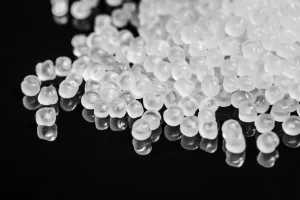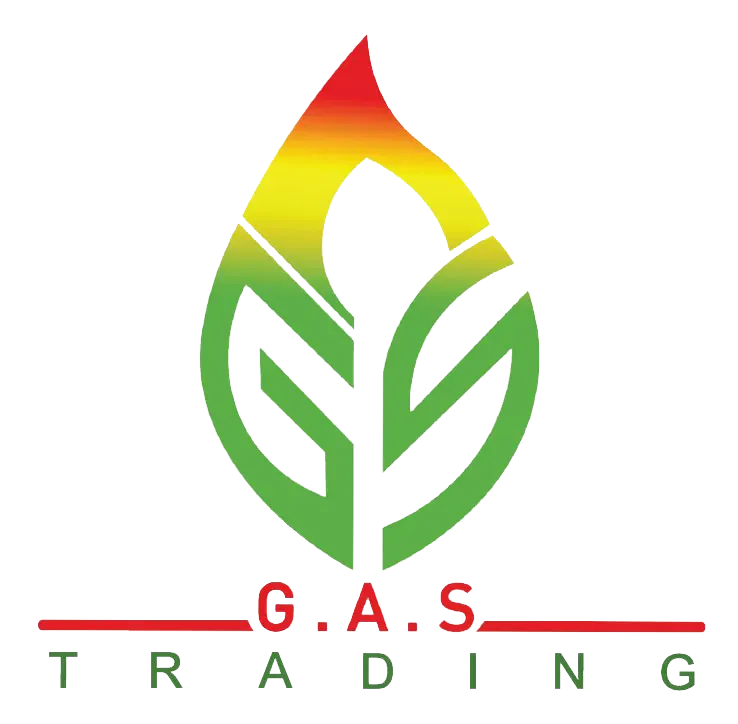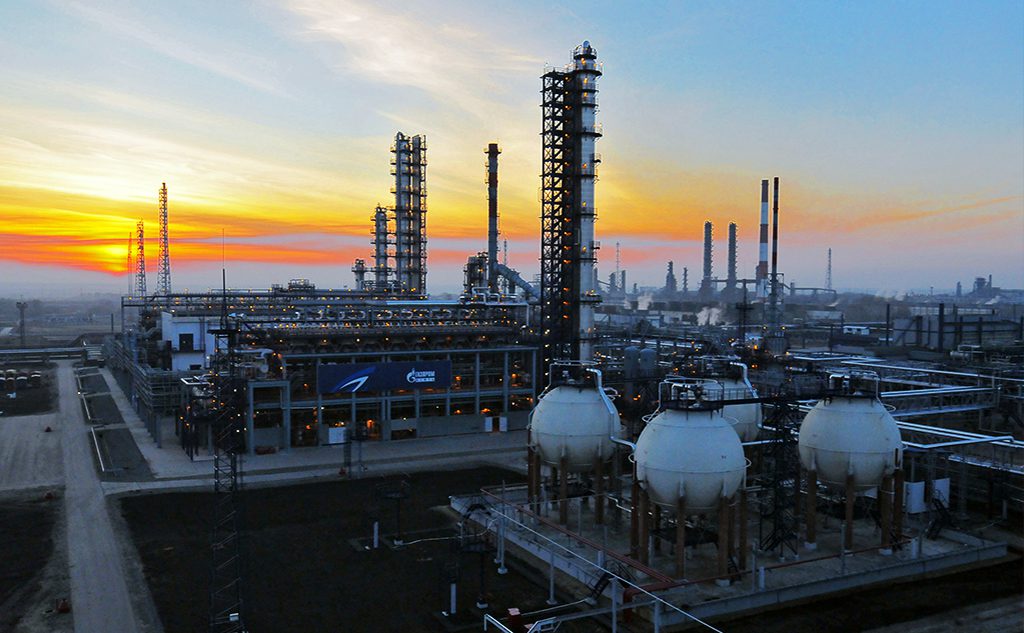
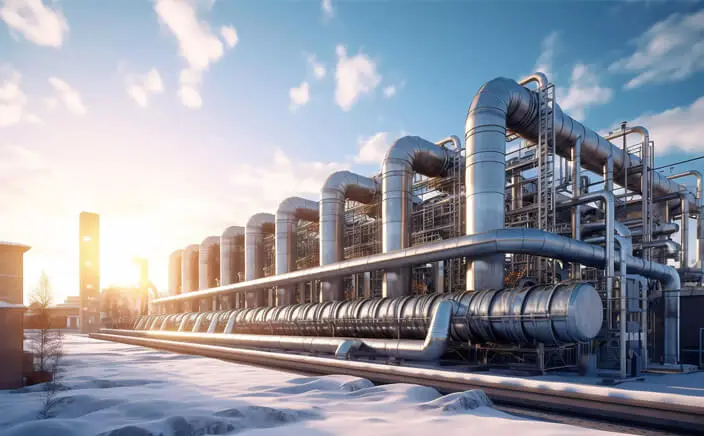
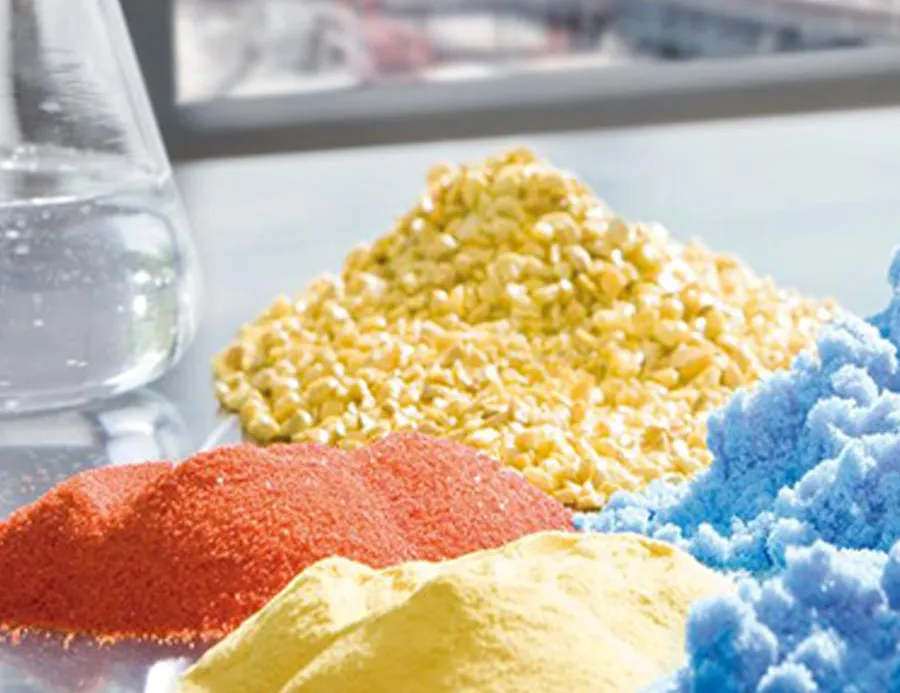
Petrochemical products are chemicals and polymers that are obtained from oil or natural gas. They are an important part of the chemical and polymer industries because the demand for plastic and synthetic materials is constantly growing, and on the other hand, they make a major contribution to today’s economy and society. These products are used to produce thousands of different products that people use daily.
Petrochemical products are incredibly versatile and are used in a wide range of products, from food to base chemicals, chemical intermediates (derivatives), and finally end products including plastics, rubber, resin, synthetic fibers, adhesives, paints, detergents, pesticides. In the petrochemical industry, the organic chemicals produced in the largest volumes are methanol, ethylene, propylene, butadiene, benzene, toluene, and xylenes.
Petrochemical Industry
The petrochemical industry is a competitive industry that includes significant specialized innovations and from an economic point of view, it is a profitable industry that will bring tremendous profitability through the purchase and sale of petrochemical products at the level of the global market. In terms of production volume, industry accounts for approximately 10% of the world’s total oil and natural gas. Based on product value, the petrochemical industry has a larger share of the total oil and gas industry, which indicates the high value of petrochemical products compared to all types of fuels.
Application of petrochemical products
Basic chemicals and plastics are the main elements of making a variety of durable and non-durable consumer goods. The numerous items that we deal with every day, the clothes we wear, the building materials used to build our homes and offices, all kinds of household appliances and electronic equipment, food and beverage packaging, and many products used in various transportations, from chemicals and plastics, are obtained, and the vast majority of these goods can be produced by the petrochemical industry. The demand for chemicals and plastics is driven by global economic conditions, which are directly related to the demand for consumer goods.
Medical
Petrochemical products play a big role in medicine because they are used to create resin, films, and plastics. Here are just a few examples:
• Phenol and cumin are used to create the substance penicillin (a very important antibiotic) and aspirin.
• Petrochemical resins are used to purify and manufacture medicines, thus reducing costs and speeding up the production process.
• Plastics and resins made are used to make devices such as artificial limbs and skin
• Plastics are used to produce a wide range of medical equipment, including bottles, disposable syringes, and more.
Food
Petrochemicals are used to make preservatives in food that keep food fresh in packaging or cans. In addition, petrochemicals can also be used in the production of many chocolates and candies. Edible colorings, made by the petrochemical sector, are used in a myriad of products, including chips, packaged foods, and canned foods.
Agricultural
Petrochemicals are used to produce everything from plastic sheets and mulch to pesticides and fertilizers. Plastics are also used to make twine, silage, and irrigation pipes.
Household Products
Since petrochemical products are used to make plastics, fibers, synthetic rubber, and films, these materials are widely used in many parts of household products. Products that are used in the domestic sector include carpets, detergents, clothes, perfumes, waxes, etc. It is worth mentioning.
G.A.S Trading L.L.C is one of the largest suppliers of polymer raw materials and additives in the form of granules. Among the products described on this page, various types of polyethylene granules (heavy injection polyethylene, linear light polyethylene granules, pneumatic granules, etc.), polypropylene granules, colored masterbatches and also the following items are products that G.A.S Trading L.L.C supplies and provides to its customers.
POLY ETHYLENE
1.HDPE
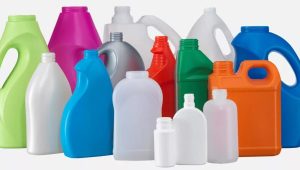
2.LDPE
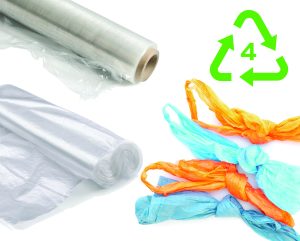
LLDPE
1.PP
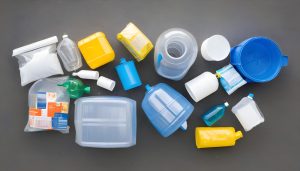
2.PVC
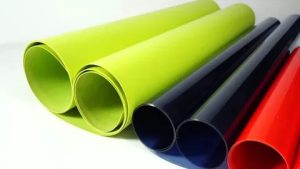
3.PS
